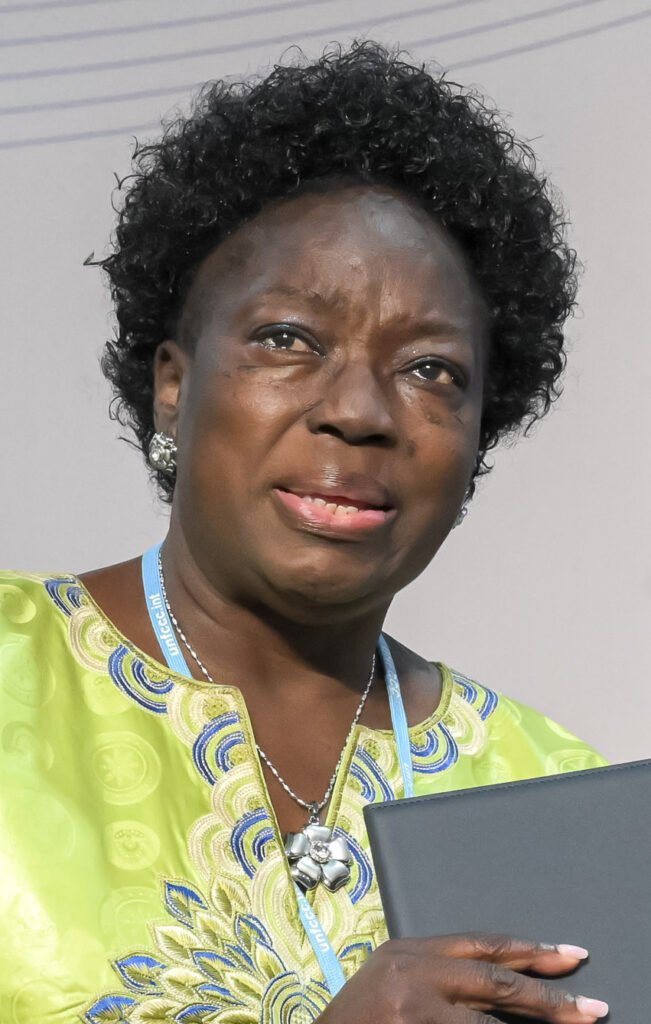The Ugandan government has taken significant strides in promoting and advancing the Kiswahili language within the country, earmarking a substantial $800 million (£625 million) for this purpose.
This initiative forms a crucial component of Uganda’s broader strategy to enhance regional integration.
Rebecca Kadaga, Uganda’s Minister for East African Affairs, disclosed that priority in the forthcoming Kiswahili training program would be accorded to civil servants, including essential personnel such as doctors, nurses, and border workers.

However, specific details regarding the rollout of this training program remain undisclosed at present.
In an effort to popularize Kiswahili, Minister Kadaga highlighted that all senior government officials, including cabinet ministers and judges, are currently undergoing mandatory weekly language lessons.
This underscores the government’s commitment to ensuring widespread proficiency in Kiswahili across administrative ranks.
Uganda formally embraced Kiswahili as an official language in July 2022, with a directive for its inclusion as a compulsory subject in both primary and secondary education curricula.
Despite this directive, Kiswahili instruction remains limited to a select few secondary schools in the country, necessitating further expansion and integration into the educational system.
Globally, Kiswahili boasts a speaker base of approximately 200 million individuals. Its significance was underscored in 2021 when the United Nations designated July 7th as World Kiswahili Language Day, marking a milestone recognition for the language’s cultural and linguistic importance.
Furthermore, Kiswahili holds the status of the official language within the East African regional bloc, known as the East African Community (EAC).
Beyond Uganda’s borders, Kiswahili’s influence extends to the Southern African Development Community (SADC), where it stands as the sole African language to receive official recognition.
Efforts to introduce Kiswahili into classrooms are also underway in South Africa and Botswana, reflecting a broader continental trend towards embracing the language’s rich cultural heritage and linguistic diversity.









